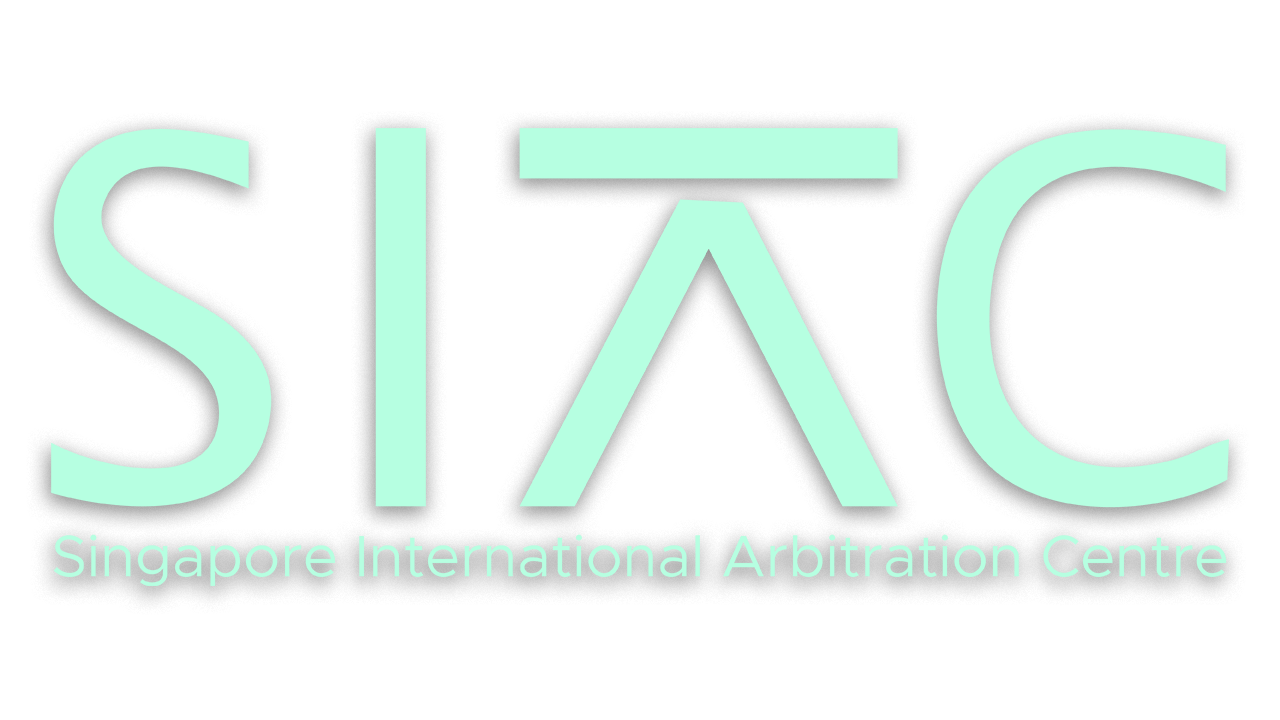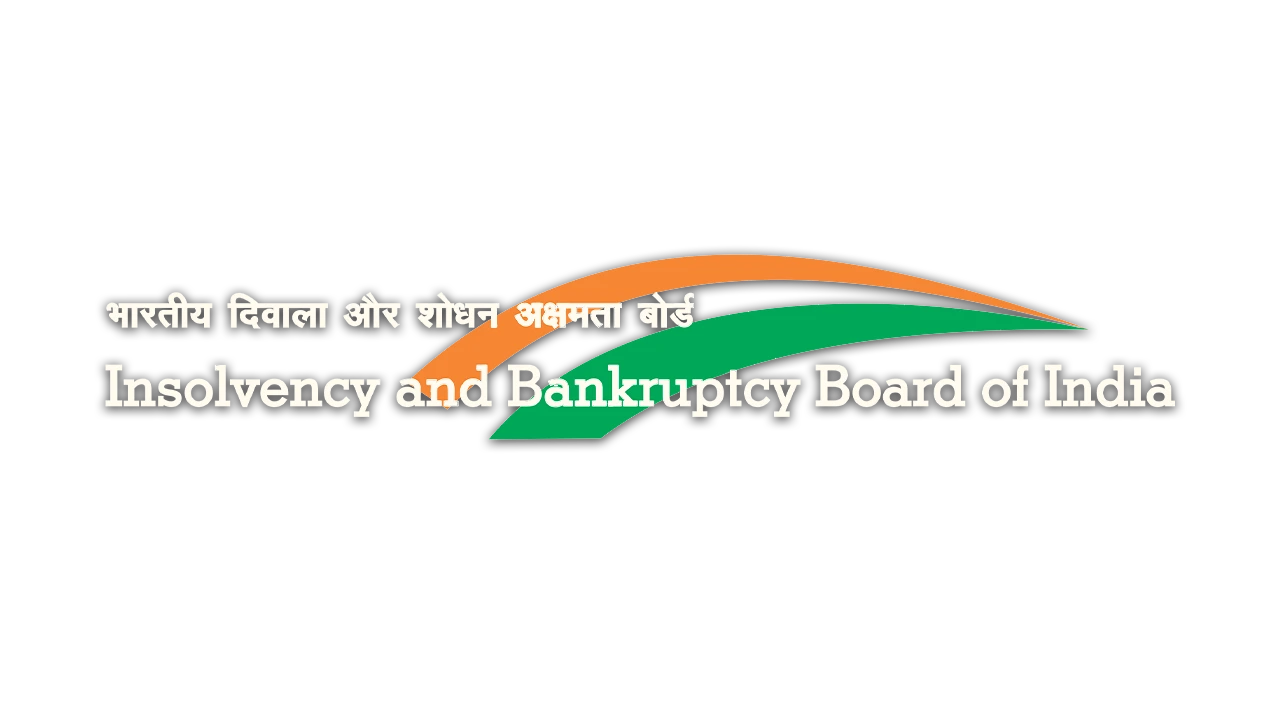Introduction
Singapore, a leading international arbitration hub, is taking proactive steps to solidify its position by modernising its legal framework. In a keynote address at the Singapore International Arbitration Centre (SIAC) Symposium, Minister for Law Edwin Tong emphasised that for arbitration to remain relevant, it must be responsive to commercial needs while upholding its core values of fairness and efficiency. This vision has led to a comprehensive review of the Singapore International Arbitration Act 1994 (IAA) by the Singapore International Dispute Resolution Academy (SIDRA).
Key Updates from the SIDRA Recommendations
The SIDRA report addresses several critical areas, aiming to provide greater clarity, efficiency, and certainty for arbitration users. Here are the key recommendations and their practical implications:
- Power to Award Costs: Currently, Singapore courts cannot award arbitration costs after a successful set-aside application. The SIDRA report proposes amending the IAA to empower courts to apportion arbitration costs or, in exceptional circumstances and with party agreement, remit the issue of costs to the tribunal. This would allow for a more just outcome, especially given the rising costs of arbitration proceedings.
- Leave Requirement for Appeals: Under the current law, parties can appeal a court’s decision to set aside an arbitral award without seeking leave. The SIDRA Recommendations propose requiring parties to obtain leave from the appellate court before such an appeal can proceed. This change is designed to streamline the challenge process, expedite the conclusion of disputes, and prevent frivolous appeals.
- Optional Right of Appeal on Law: The IAA does not currently permit appeals on points of law. To enhance flexibility, SIDRA recommends introducing an optional “opt-in” right of appeal on questions of law. This would be valuable for parties who prioritize legal correctness over finality, allowing them to challenge awards on their merits if they choose to do so.
- Governing Law of Arbitration Agreements: The report suggests a change to the default position for determining the governing law of an arbitration agreement. While current case law implies that the law of the main contract applies, the SIDRA recommendation would codify this into the IAA. This provides greater certainty and reduces the potential for satellite litigation over the issue. Parties who wish for a different governing law must expressly state it.
- Summary Disposal of Matters: Although many major institutional rules already allow for summary disposal of claims, the IAA itself lacks this express power. The SIDRA report recommends amending the Act to explicitly empower arbitral tribunals to summarily dispose of claims, unless parties agree otherwise. This would provide certainty, particularly in ad hoc arbitrations, and prevent challenges to an award based on the tribunal’s power to exercise this function.
Conclusion
The SIDRA Recommendations represent a significant, forward-looking effort to modernise Singapore’s arbitration framework. By addressing these key issues, the proposed reforms aim to enhance legal certainty, procedural fairness, and the overall effectiveness of the arbitral process. If adopted, these amendments will reinforce Singapore’s standing as a leading international arbitration jurisdiction, prioritising fairness, efficiency, and legal robustness while adapting to the evolving landscape of global dispute resolution. The Ministry of Law, having concluded its public consultation in May 2025, is now considering the feedback alongside the SIDRA Recommendations as it prepares to introduce a new amendment Bill to Parliament.
Expositor(s): Adv. Shreya Mishra






